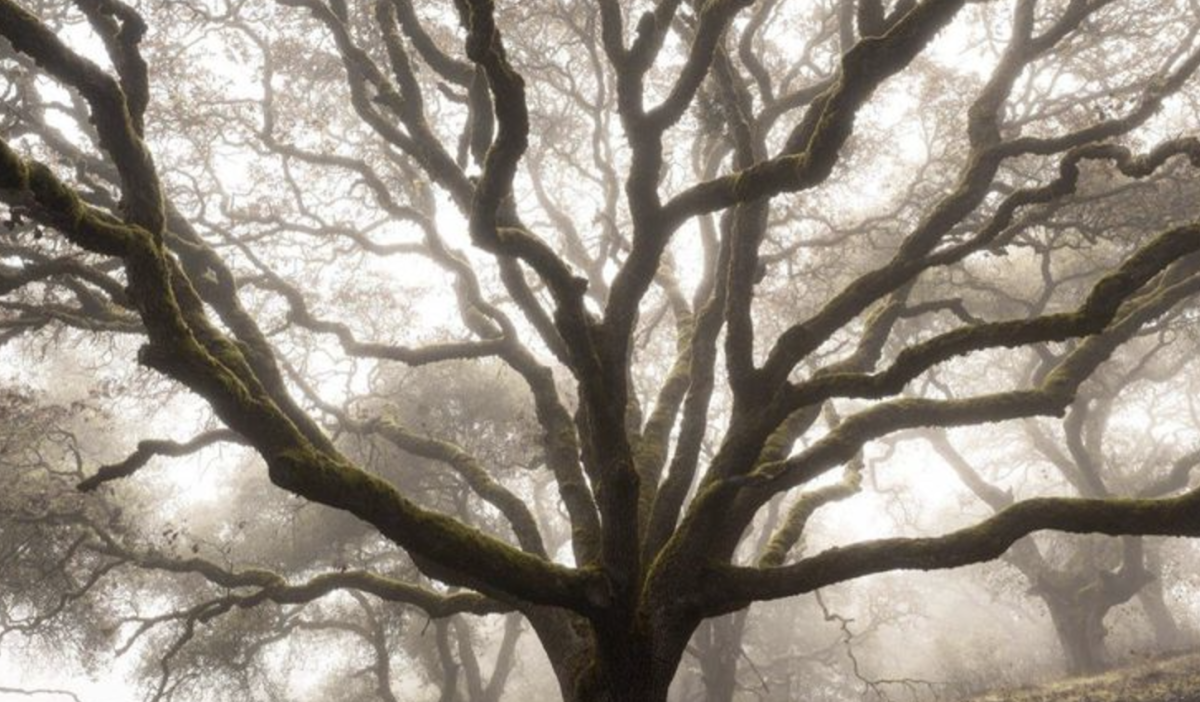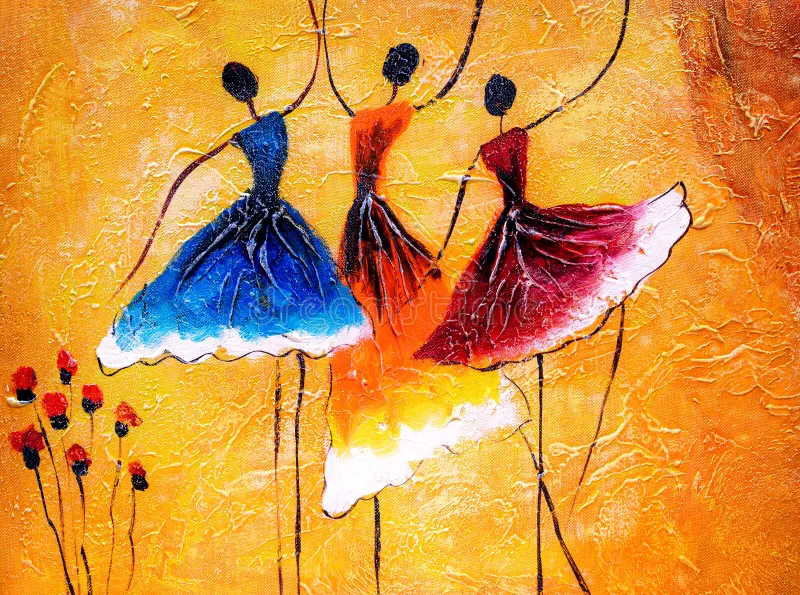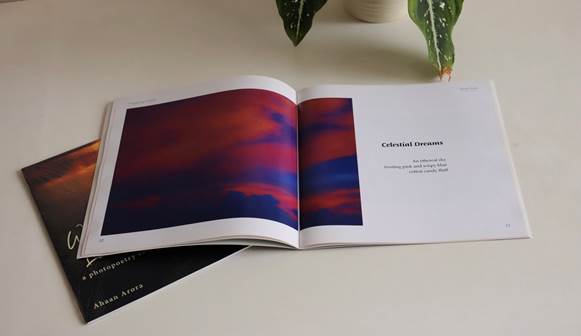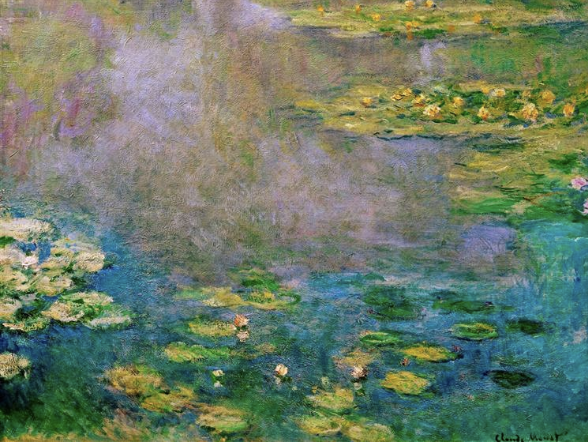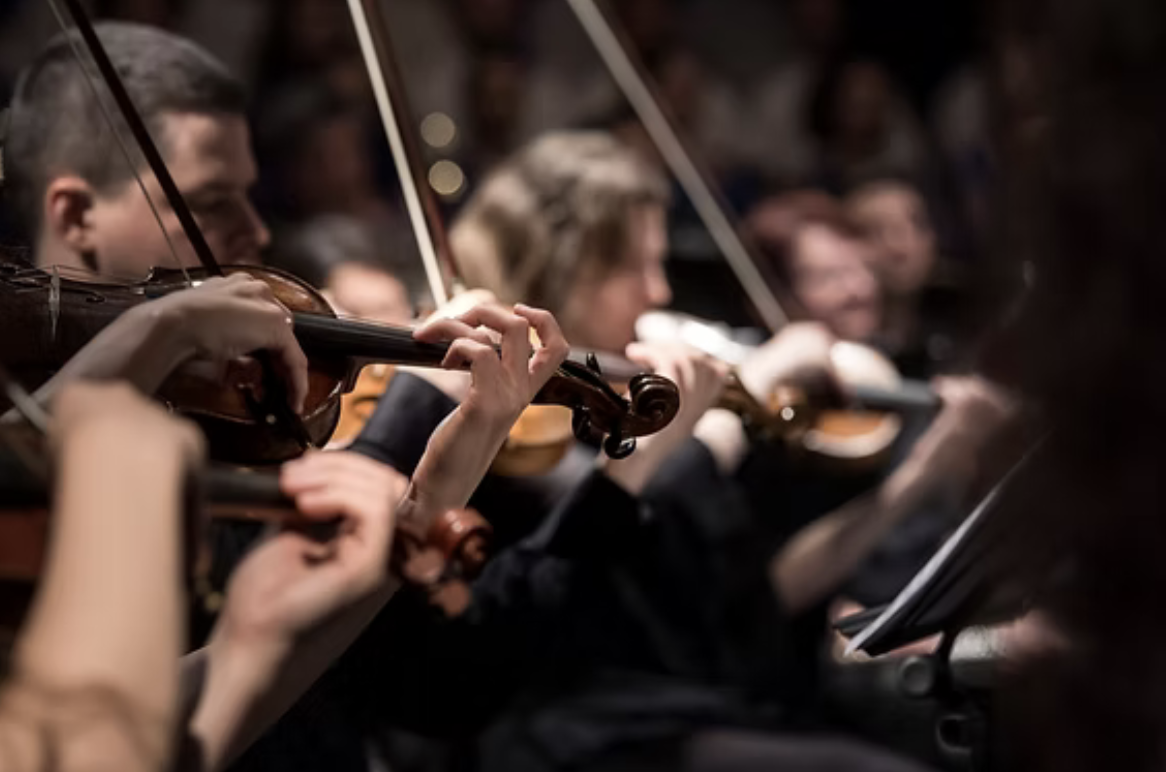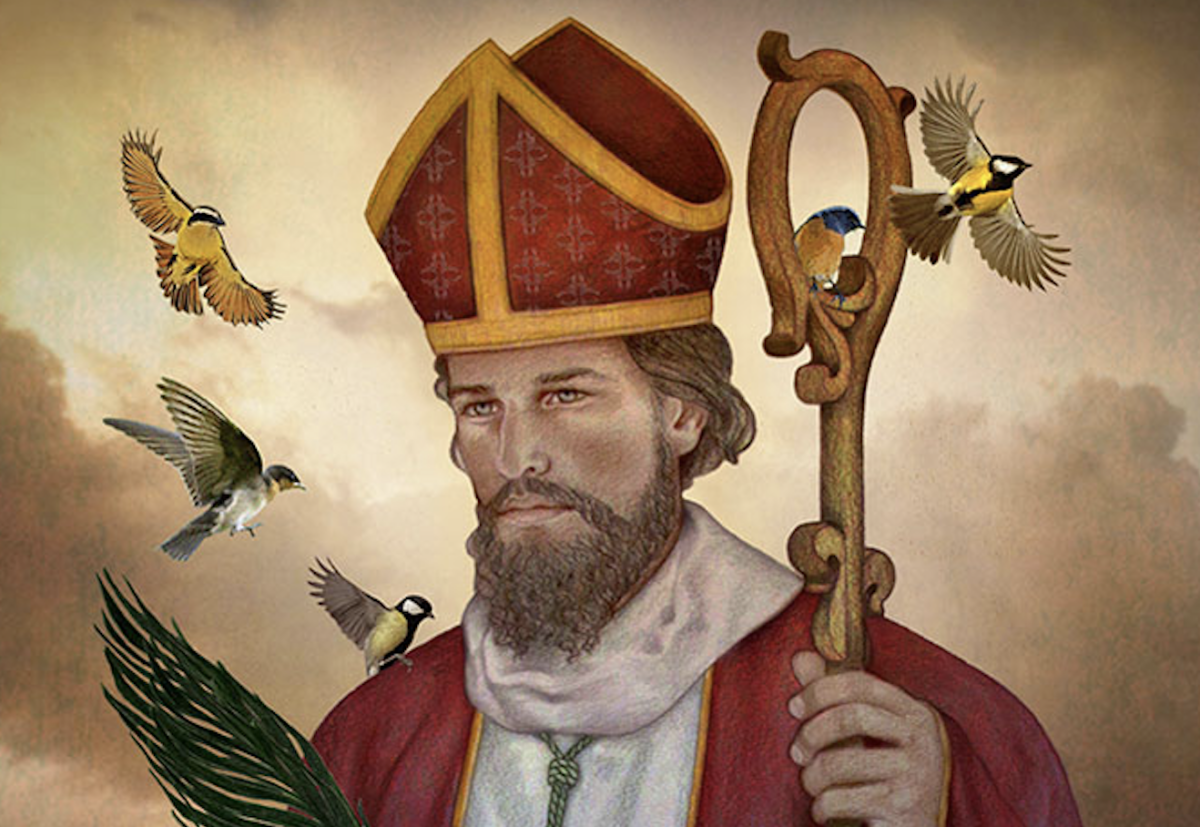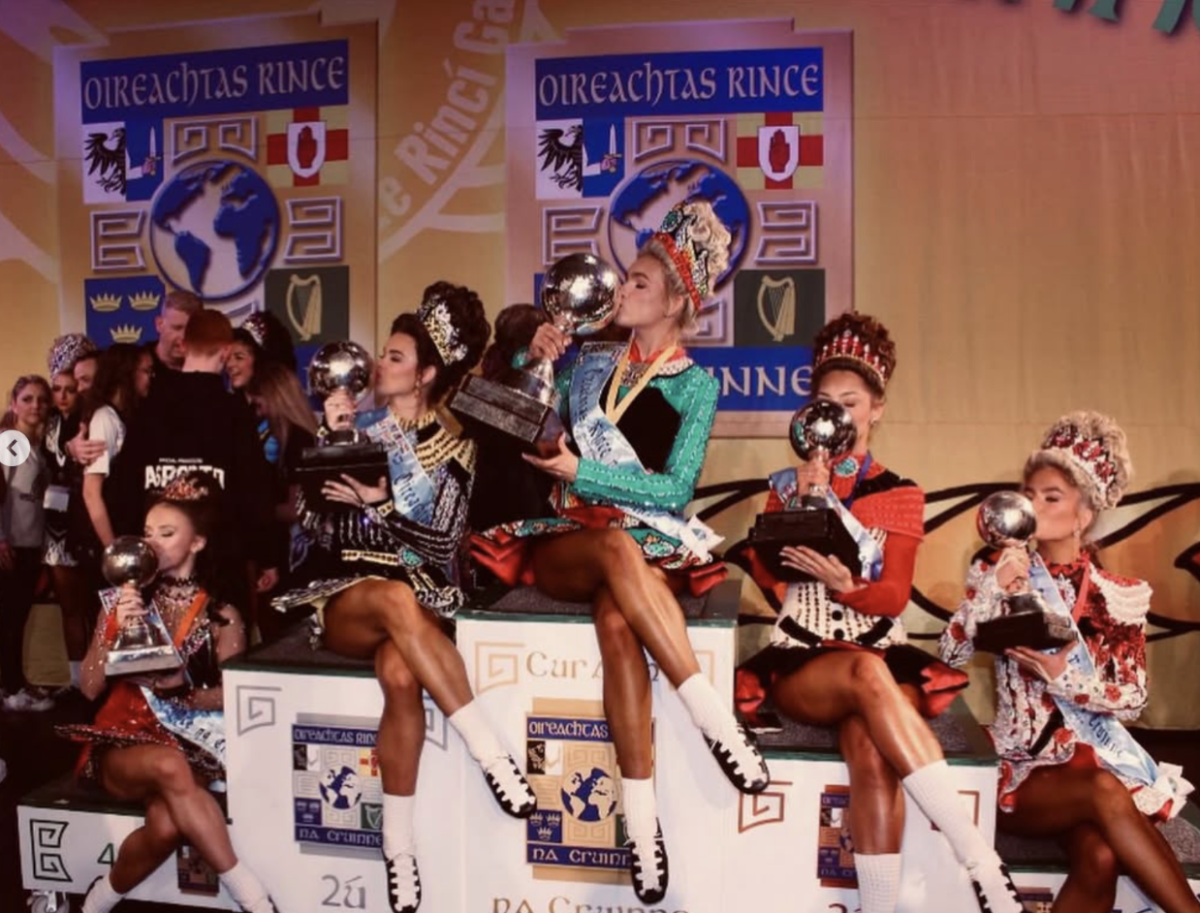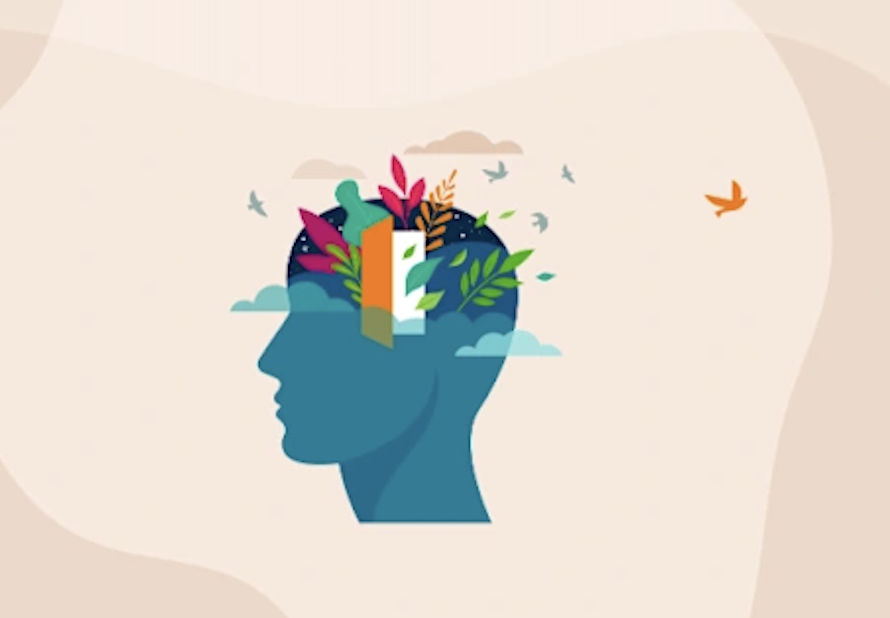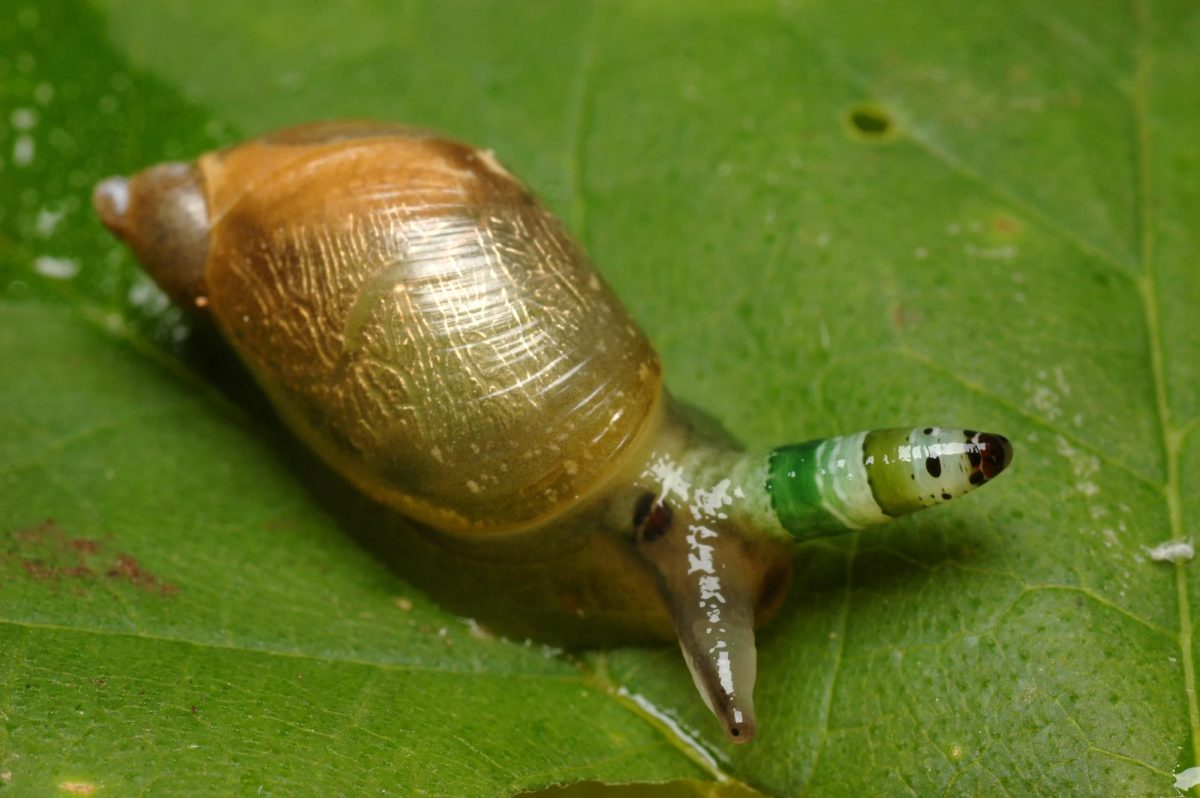Mary Oliver’s literary legacy is one to which we are eternally indebted. Writer, Pioneer, Ecopoet; she leaves her readers with questions rather than answers. A skill that is increasingly essential in our 21st-century contemporary society. In this article, I will be attempting to capture the rawness, numinous, soul-turning, conventional shattering, and authenticity of Oliver’s work, particularly her critically acclaimed ‘Wild Geese’ poem.
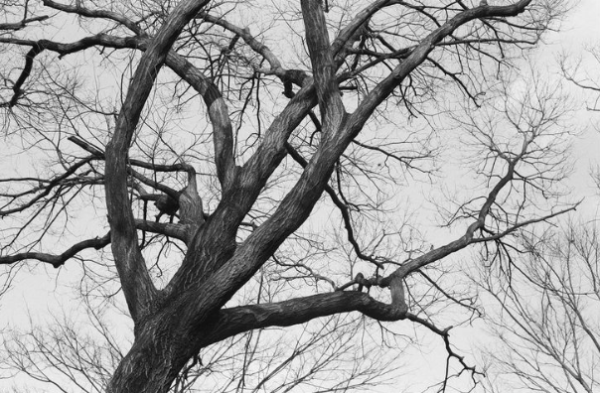
Born in 1935 in Maple Heights, Mary Oliver studied at Vassar College. She sought to bring a nuanced perspective to literature; one where the quiet occurrences of nature were appreciated, the human soul was tied to the complexities of nature, and the sublimity of nature was enrichment for the human spirit. A critic, Kumin, also noted that Oliver “stands quite comfortably on the margins of things, on the line between earth and sky, the thin membrane that separates human from what we loosely call animal.” Nevertheless, Critics frequently link Oliver’s work to ecopoetry, a label that she transcends with ease. A hallmark and signature of Mary Oliver’s work is her ability to transcend binary perspectives, as she bridges the gap between a traditional perspective and a contemporary perspective. This reminder leaves readers contemplating the dualities of the human experience, a theme that is all the more poignant in her poem “Wild Geese.”
Wild Geese by Mary Oliver:
You do not have to be good.
You do not have to walk on your knees
for a hundred miles through the desert, repenting.
You only have to let the soft animal of your body
love what it loves.
Tell me about despair, yours, and I will tell you mine.
Meanwhile, the world goes on.
Meanwhile, the sun and the clear pebbles of the rain
are moving across the landscapes,
over the prairies and the deep trees,
the mountains and the rivers.
Meanwhile, the wild geese, high in the clean blue air,
are heading home again.
Whoever you are, no matter how lonely,
the world offers itself to your imagination,
calls to you like the wild geese, harsh and exciting–
over and over, announcing your place
in the family of things.
In the opening line, we are immediately brought into this atmosphere that promotes a sense of sympathy and safety for readers. Drawing upon notable explanations of psychology and philosophy, it is believed that we, as humans, are often taught to be a certain way; how to move through the world in a “normal” way, what age you should have certain accomplishments or milestones, and how to present yourself in the world. Here, Oliver immediately rejects the idea that you have to fulfil this expectation of being ‘good’ or socially acceptable. Life is not a test. It is a growing experience. There is no one to present for, no one to dictate where you should be in life and how you should react to your surroundings. Further drawing upon Kamin’s ideas of Oliver’s work, this “stand[ing]” of the “lines” of human nature could be seen as a connection to the way in which animals thrive in unconventionality and uncertainty. There is no human artificiality present in the natural world, only experience and connection to the underlying moral teachings of nature.
Oliver’s exploration of the shame tied to the human experience is further heightened in the line “you do not have to walk on your knees”, offering a hyperbolic description of how the human soul carries guilt or regret tied to experience rather than the lessons. Some may interpret this expression as a metaphorical description of how individuals move throughout life with a sense of shame or embarrassment, further perpetuated by society’s imposed expectations of milestones or of “right” and “wrong”. The absence of the wildlife and wilderness in the line “throughout the “desert”, something which Oliver so often cherishes as a means to enrich the human soul, provides us with a glimpse into an alarming yet possible future, one in which an individual solely bases their life on external tangible or material accomplishments rather than internal growth and prosperity. For those who yearn for a fresh start, whatever that may be, Oliver offers a refreshing moral compass to go into the future without ever asking for it.
“Let the soft animal of your body / Love what it loves” Oliver reminds us that humans are no different from animals in that we are both nascent or ‘tabula rasa’ (Latin for ‘blank/clean slate’), both experiencing life for the first time. In this way, it may be inferred that humans are all the more deserving of the same compassion and sympathy that we readily grant to animals. She underlines the thin line between the evolution of humans and animals, yet the disparity in compassion between the two.
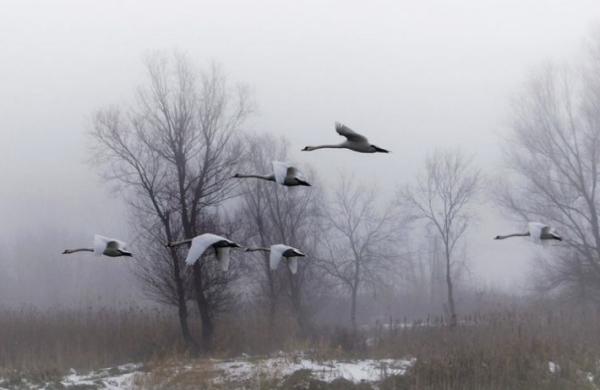
In the core of the poem’s message, “Tell me about despair, and I will tell you mine..the world goes on”, readers are invited to recognize the universality and pervasiveness of the human experience. Oliver promotes the idea that this should be a comforting fact, in that we all summoned or called upon this earth to connect with each other on these shared human experiences rather than feel them in private or solitude. With this development in mind, Oliver injects the idea that the lifelong quest for connection and belonging can be remedied with vulnerability and authenticity for those courageous enough to embrace it. The V shape of the flying geese, as reflected in the title, symbolizes the spiritual transcendence born from the unity of the human spirit. This camaraderie is ever more vital in our increasingly technology-reliant society.
Equally important is Oliver’s portrayal of the sublimity and the profound moral lessons inherent in the natural world. Oliver ardently describes the eternal and immortal role of nature through the vivid and animalistic imagery present in “The world goes on…the sun and the clear pebbles of the rain…landscapes…deep trees…mountains and the rivers…prairies”. As an ecopoet writer, Oliver’s description of nature encapsulates a common theme throughout her work; the importance of wilderness as an antidote to the artificiality of mankind. As the roots of our humanity, we often distance ourselves from the natural world, perceiving it as something alien or inaccessible—reserved for animals alone. Yet, it is important not to let the limitations and demands of urban life diminish our capacity to connect with the mystery and complexity of nature. It is through this ambiguity and fluidity that we discover our identity for who we are rather than what the human experience dictates us to be. Classes, labels, endless boxes, we are more than what binary label we are taught to be; we are free thinkers, existing on a spectrum of possibilities that no piece of paper—cut from the very trees we estrange ourselves from—could ever capture or replicate.

In her direct address, “Whoever you are, no matter how lonely,” Oliver calls upon her readers, even the most introverted, to take full advantage of the opportunities for personal growth and spiritual development that the universe “offers” to them. In other words, existing is not the same as genuinely living—embrace the lessons, experiences, emotions, mistakes, and regrets, allowing them not to define you but to grant you the capacity to grow and evolve, further “announc[ing] your place in the family of things”. In this way, Oliver implores her readers to embrace the strength and authenticity of the human experience rather than enduring it in silence or shame.
Sources and recommended reading:
- https://gwenglish.org/poem-of-the-day-mary-olivers-wild-geese/
- https://youtu.be/lfayiBoaXE8?si=9dsnGP135lcTAwnU
- https://youtu.be/BFCbjit2zmI?si=jA6_qcM_lK867Yt0
- https://www.empoweredstl.org/courageinactionblog/k8yuhtr76c6s58w3368kamhw0mxit2
- https://www.gilliamwritersgroup.com/blog/nature-and-belonging-the-work-of-mary-oliver#:~:text=Her%20work%20often%20focuses%20on,resonating%20with%20a%20broad%20audience
- https://www.washingtonindependentreviewofbooks.com/features/mary-oliver-an-appreciation
- https://www.amazon.com/Devotions-Selected-Poems-Mary-Oliver/dp/0399563245
- https://onbeing.org/programs/mary-oliver-i-got-saved-by-the-beauty-of-the-world/
- https://www.poetryfoundation.org/poets/mary-oliver


